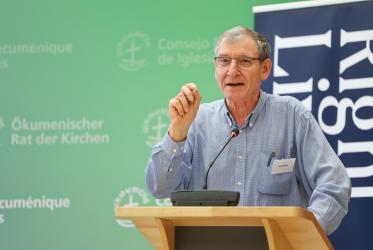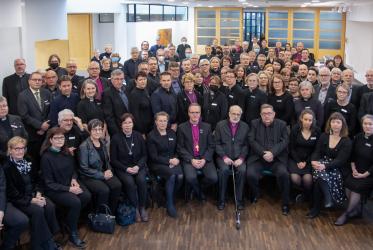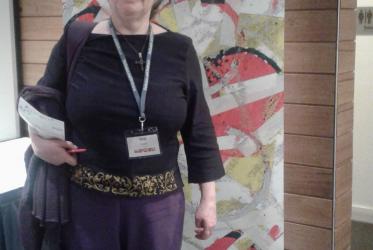Displaying 1 - 20 of 26
Churches should use their voice on climate change
26 February 2020
CCIA meets in Brisbane with focus on Pacific regional priorities
19 February 2020
Church response to Australian bushfires hinges on preparation
07 January 2020
Thursdays in Black: sharing support, transforming lives
21 February 2019
A voice for peace from Down Under
10 July 2017
GEM school ends with hope for a better tomorrow
08 September 2016
A just financial and economic architecture is possible, students find
08 September 2016
New Executive Committee members elected in Trondheim
28 June 2016
"I hit the ground running": Katalina Tahaafe-Williams
16 February 2016
WCC Executive Committee speaks out on migrant crises
12 June 2015











